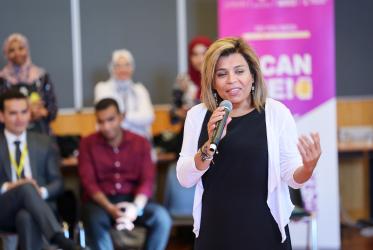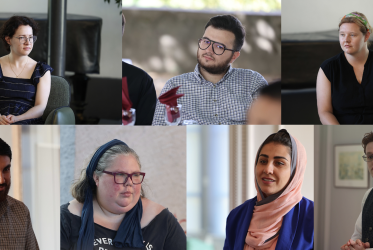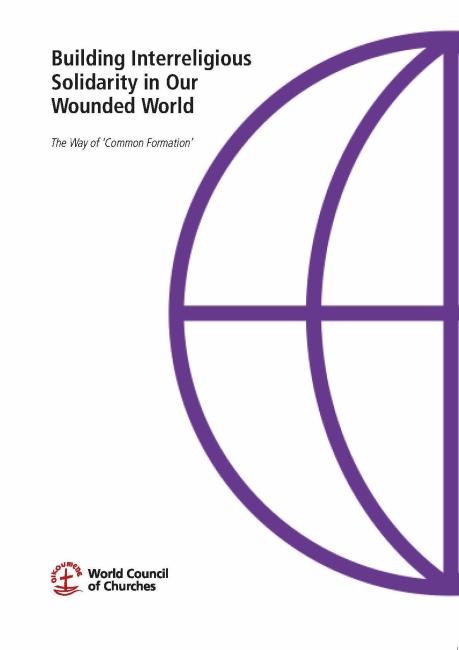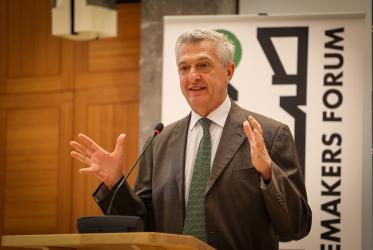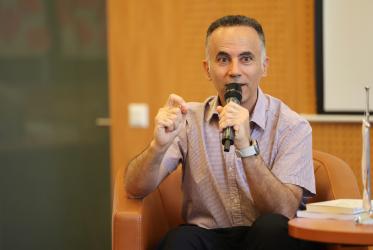The Way of Common Formation
An online conference, “The Future of Interfaith Dialogue,” held 7-8 December 2021, discussed principles for common formation as a vital element for the future of interfaith dialogue.
The purpose of this booklet is both to share some of the key insights and learnings from the conference and to prompt further interest in and discussion of common formation among a range of faith communities and interreligious organizations. Topics covered include; Transformational Formation: Five Fundamental Principles, Ten Practical Pointers for Initiatives of Common Formation, and a Directory of Groups and Organizations Offering Learning Opportunities in the Area of Common Formation.
19 July 2023











